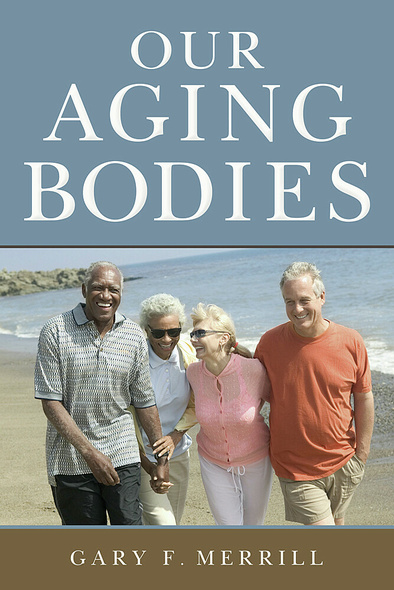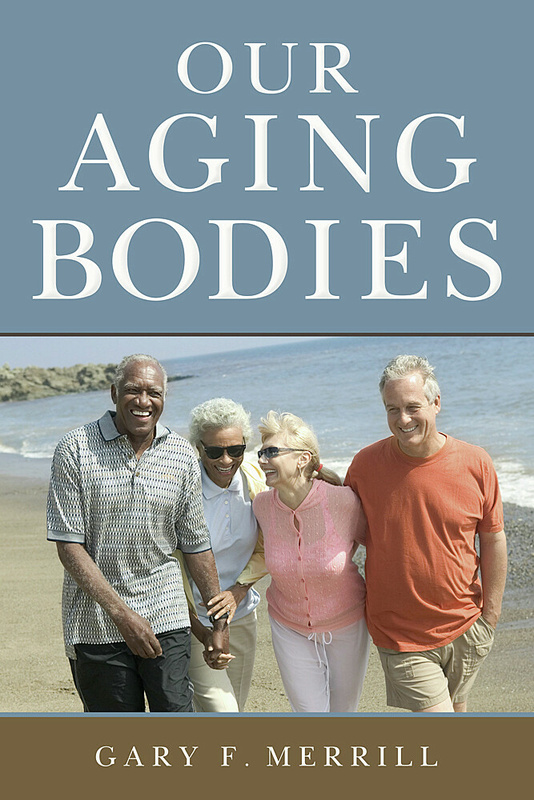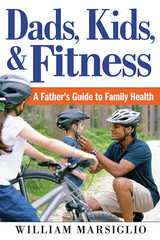
304 pages, 6 x 9
5 tables
Paperback
Release Date:03 Feb 2015
ISBN:9780813571553
Hardcover
Release Date:03 Feb 2015
ISBN:9780813571560
People in developed countries are living longer and, just as the aged population around the world is steadily growing, the number of adults eighty-five and older in the United States is projected to quadruple to twenty-one million people by 2050. The aging of our population has huge implications for baby boomers and their children, and has generated a greater interest in the causes and effects of aging.
Our Aging Bodies provides a clear, scientifically based explanation of what happens to all the major organ systems and bodily processes—such as the cardiovascular and digestive systems—as people age. The first section is an overview of secondary aging—changes that occur with age that are related to disease and the environment—and include the effect of such things as diet, humor, and exercise. Readers will also learn about primary aging—intrinsic changes that occur with the aging of specific organs and body systems (including the prostate, the heart, the digestive system, and the brain). Throughout the book, Gary F. Merrill weaves in personal anecdotes and stories that help clarify and reinforce the facts and principles of the underlying scientific processes and explanations. Our Aging Bodies is accessible to a general reader interested in the aging phenomenon, or baby boomers wanting to be more informed when seeing their doctor and discussing changes to their bodies as they age.
Professor Merrill has written an important book on how various parts of the body change with aging. He has taught human systems physiology for some forty years and is very knowledgeable. An important 'take-home' message is that we can live a longer, healthier life if we treat our bodies carefully, and he tells us what we have to do. A point he makes is that many new medications advertised to treat various symptoms should be taken with caution. An expert on the inflammatory response, he discusses its negative impact on aging.
Gary F. Merrill, a professor of cell biology and neuroscience at Rutgers University, presents abundantly fascinating scientific information about the human aging process. Written for a lay audience, this book describes in detail the adverse effects of unhealthy choices on human longevity. Our Aging Bodies explains how the human body develops, matures, ages, and declines and will benefit those interested in improving their health, well-being, and longevity.
A book that will pique the interest of those seeking to know about the human aging process … Highly recommended.
Rutgers University cardiovascular physiologist Merrill authoritatively spells out how getting older changes the body’s major organs. This veteran of four decades of teaching sprinkles his informative guide with fascinating tidbits. A recurring theme: stay slim and don’t overeat, because restricting calories appears to extend longevity. Merrill [offers] a good, scientifically sound addition to the growing number of books on aging.
Professor Merrill has written an important book on how various parts of the body change with aging. He has taught human systems physiology for some forty years and is very knowledgeable. An important 'take-home' message is that we can live a longer, healthier life if we treat our bodies carefully, and he tells us what we have to do. A point he makes is that many new medications advertised to treat various symptoms should be taken with caution. An expert on the inflammatory response, he discusses its negative impact on aging.
Gary F. Merrill, a professor of cell biology and neuroscience at Rutgers University, presents abundantly fascinating scientific information about the human aging process. Written for a lay audience, this book describes in detail the adverse effects of unhealthy choices on human longevity. Our Aging Bodies explains how the human body develops, matures, ages, and declines and will benefit those interested in improving their health, well-being, and longevity.
A book that will pique the interest of those seeking to know about the human aging process … Highly recommended.
Rutgers University cardiovascular physiologist Merrill authoritatively spells out how getting older changes the body’s major organs. This veteran of four decades of teaching sprinkles his informative guide with fascinating tidbits. A recurring theme: stay slim and don’t overeat, because restricting calories appears to extend longevity. Merrill [offers] a good, scientifically sound addition to the growing number of books on aging.
GARY F. MERRILL is a professor of cell biology and neuroscience in the Division of Life Sciences at Rutgers University and is the author of Our Marvelous Bodies: An Introduction to the Physiology of Human Health.
Table of Contents
1 How We Age
2 The Aging Nervous System
3 The Aging Endocrine System
4 The Aging Immune System
5 The Aging Reproductive System
6 The Aging Urinary System
7 The Aging Gastrointestinal System
8 The Aging Musculoskeletal System
9 The Aging Cardiovascular System
10 The Aging Respiratory System






